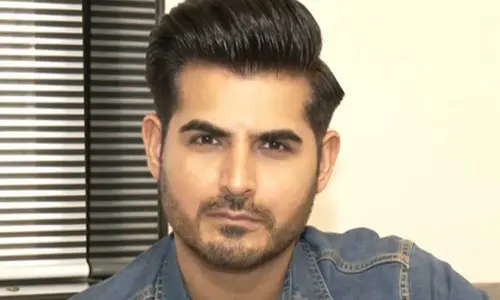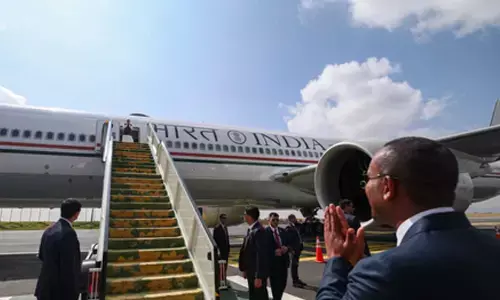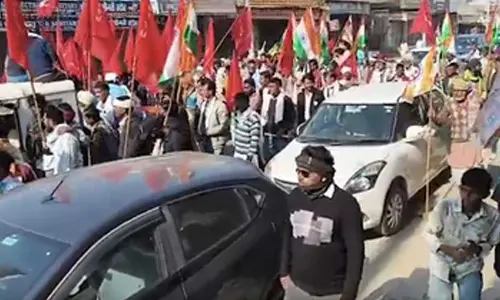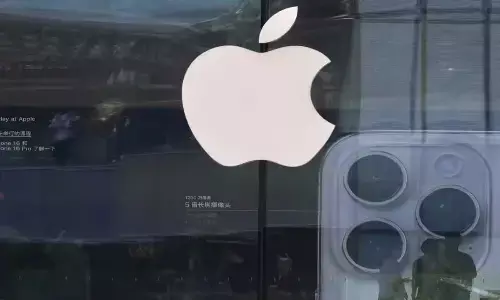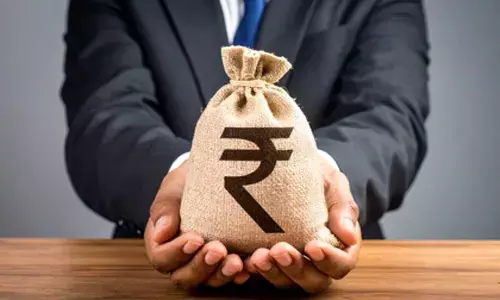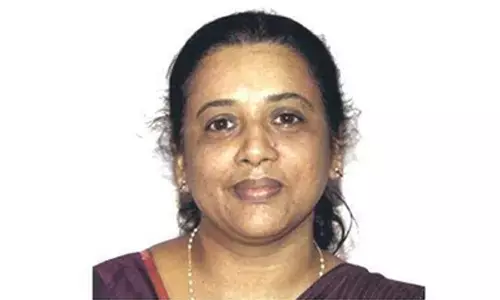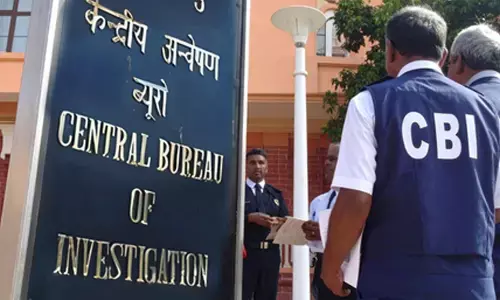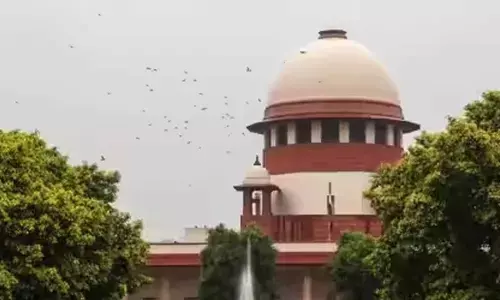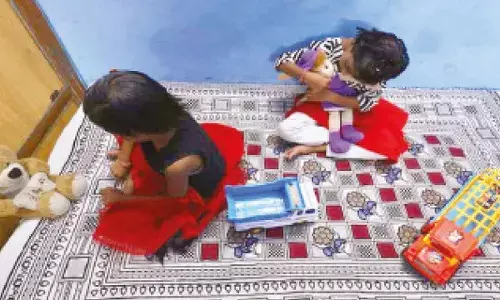Tips to be a successful social entrepreneur
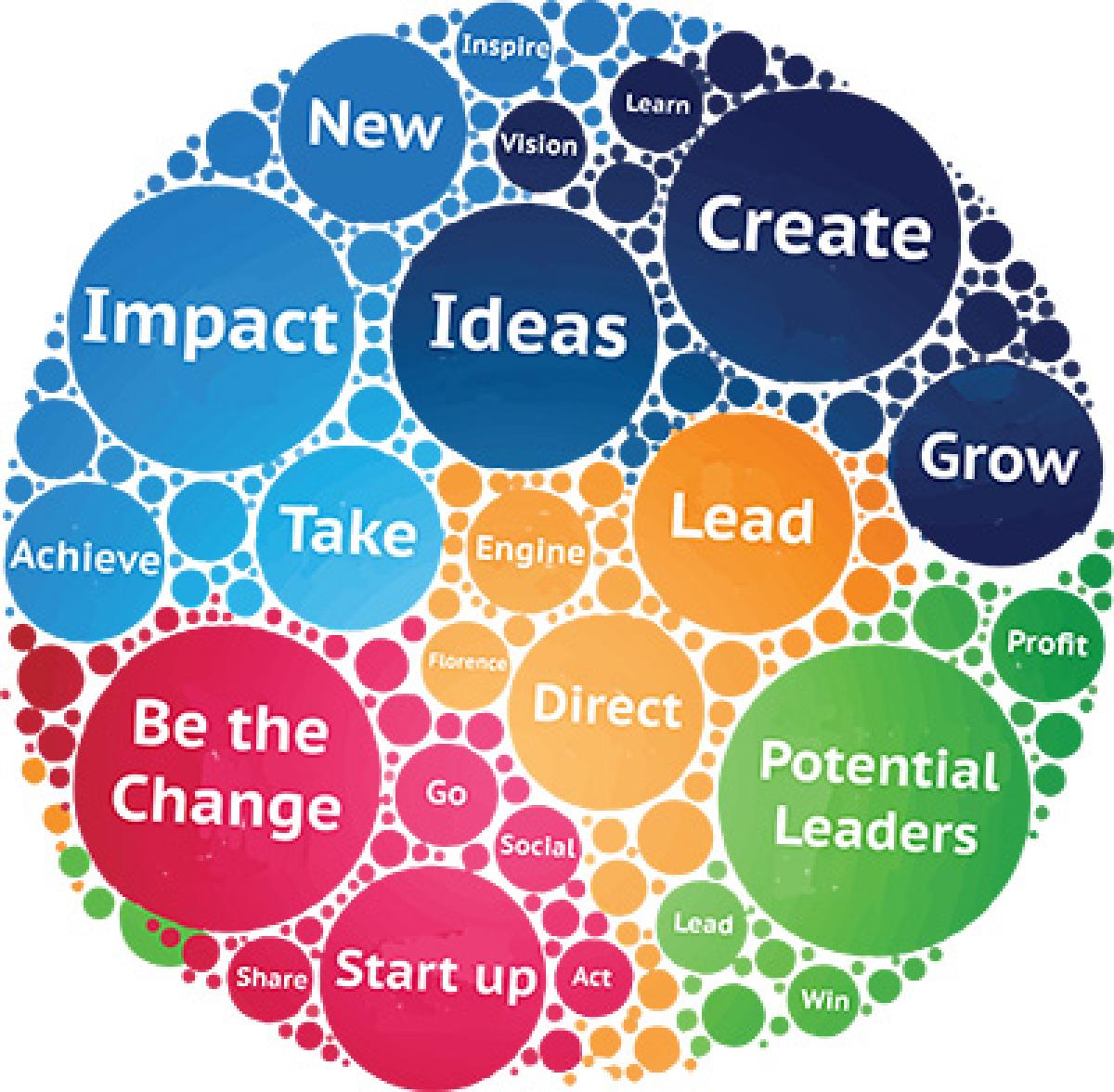
Now a day’s, the concept of social entrepreneurship is catching on. Many young management graduates are getting disillusioned with materialism and the type of products and services that they have to market. The in thing is social entrepreneurship. – starting an enterprise that is profitable and at the same time is relevant and useful for the society.
One of my teachers once said “Employment is certain poverty and Entrepreneurship is uncertain glory.” Being an employee limits potential. It makes us jaded and at the end of which, some would ponder “what if?” There is a certainty in income and a selfish streak in being an employee. Entrepreneurship is very uncertain. It has many risks. But at the same time one can derive quiet satisfaction of fulfilling one’s dream and providing employment for many.
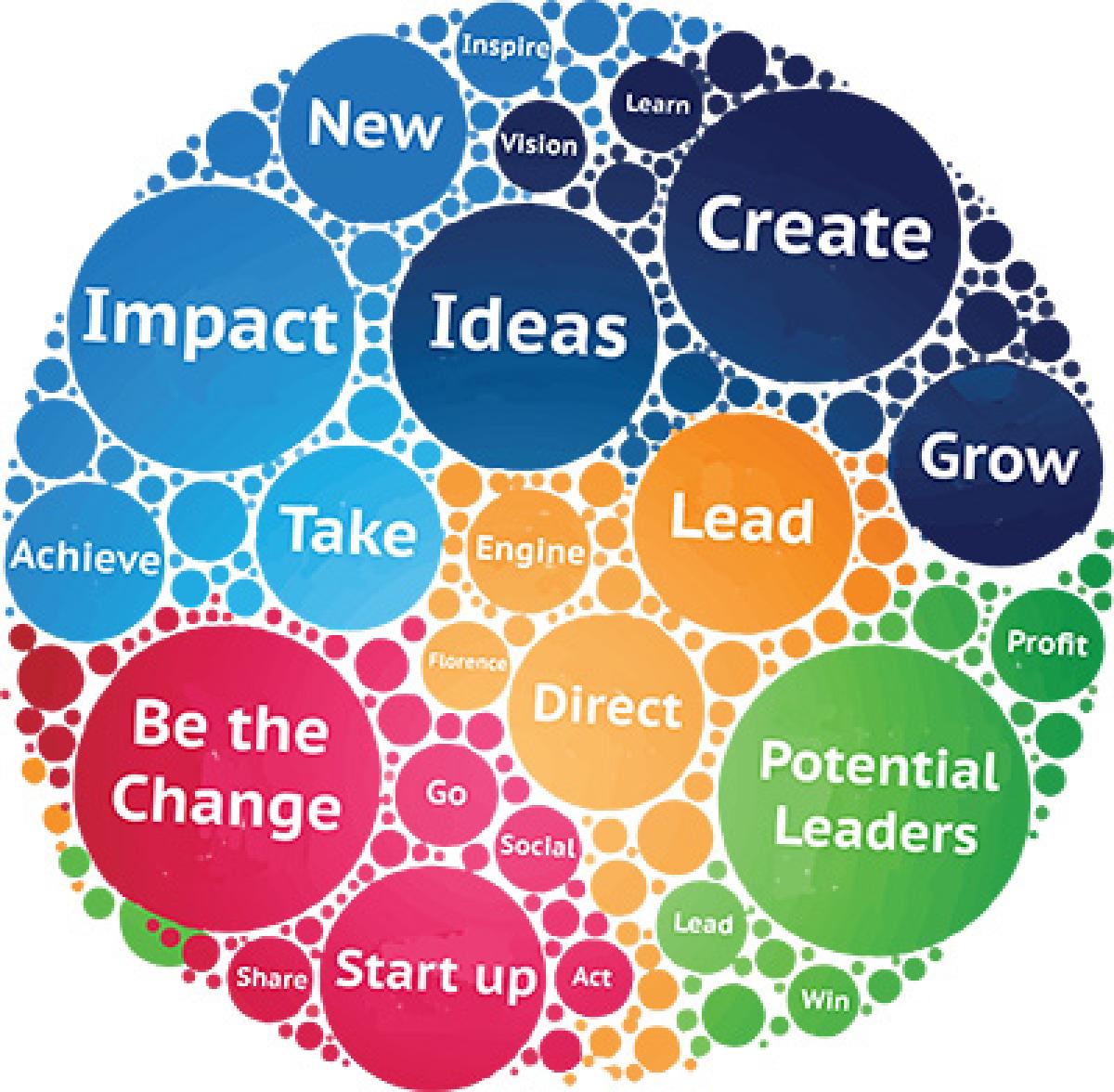 Now a day’s, the concept of social entrepreneurship is catching on. Many young management graduates are getting disillusioned with materialism and the type of products and services that they have to market. The in thing is social entrepreneurship. – starting an enterprise that is profitable and at the same time is relevant and useful for the society. Social entrepreneurship benefits the entrepreneur, the users and the society.Win-Win for all concerned.
Now a day’s, the concept of social entrepreneurship is catching on. Many young management graduates are getting disillusioned with materialism and the type of products and services that they have to market. The in thing is social entrepreneurship. – starting an enterprise that is profitable and at the same time is relevant and useful for the society. Social entrepreneurship benefits the entrepreneur, the users and the society.Win-Win for all concerned.
Given below are some tips to become successful social entrepreneurs. Social entrepreneurs who will be the driving force to take India from the uncertain present into a glorious future - full of promise and unlimited opportunities for growth.
Never forget your roots
IIM Idly maker Sarathbabu’s mother PE Deeparamani had been selling idlis on the streets of Chennai earning Rs 30 a day. She also worked as an ‘aayah’ with the Tamil Nadu government’s mid-day meal scheme. She saved every single paisa and educated her five children. Sharathbabu helped his mother sell idlis before bagging a seat at IIM Ahmedabad. After graduation, he made headlines when he started a catering service. He started his first outlet on the IIM-A campus.
Foodking, inaugurated on the lawns of IIM-A’s campus, serves mostly South Indian food, with the most expensive item on the menu priced at Rs 25. “Foodking Catering Services provides value-for-money, multi-cuisine, packaged meals to corporate houses like BPOs, Pharma companies and educational institutions. I know how it feels to sleep on an empty stomach. I will generate as many employment opportunities as possible. If I employ one person he will support five others,” Sarathbabu said. Sarathbabu is an apt role model for the present youth.
There is always a larger picture
Irfan Alam, an IIM Ahmedabad graduate, redesigned and smartened up the human powered cycle rickshaws and helped boost the pullers’ earnings and dignity. Irfan Alam stumbled upon the idea of modernizing the rickshaws when one day he could not access water while being taxied in a rickshaw one hot summer’s afternoon.
Mr. Alam did research and discovered that almost 95 per cent of the rickshaw operators do not own the rickshaw but instead take them on daily rent of Rs 20-30 day. Alam started the SammaaN Foundation which helps rickshaw-pullers in Delhi, Haryana, Madhya Pradesh, Rajasthan and Jharkhand.
The venture contributes to the employee’s standard of living and livelihood with an unprecedented impact. The first, simple yet important change was the transformation of the rickshaw. The rickshaw has been made more professional and appealing. It is now more practical as it is spacious for customers, has better road balance and is 50 kgs lighter, which brings the rickshaw weight down to approximately 75kgs.
Alam originally found it difficult to get financial support from the banks to open bank accounts for the rickshaw operators; however after they started realizing the potential of this venture, bankers started financing SammaaN’s employees. The Rickshaw provides services such as magazines, newspapers, music, first aid, and also items like mobile recharge cards, cold water and fruit juices.
OOH advertising is done on the rickshaw and the rickshaw pullers have uniforms to wear. It was just about making the whole experience more professional. The rickshaw-pullers’ daily income rose from Rs 40-50 to Rs 250-300 and their socio-economic indicators started to improve.
Live your dreams
Kaushalendra "MBA sabziwalla" was a topper from one of the Indian Institutes of Management (IIM) who opted to sell vegetables. He moves around with his loaded pushcart to make his home state, Bihar, the vegetable hub of India. After passing out of IIM-A, he did extensive fieldwork like meeting farmers, studying cultivation techniques and finally taking a bank loan of Rs.40 lakhs to start the project. He developed a pushcart to make it easy for vendors to carry a vegetable load of up to 200 kilos.
His fibre glass pushcart has an attached weighing scale, is ice cooled to keep vegetables fresh for up to five days, and is sold under the brand name of 'Samridhi'. He plans to take Samridhi, launched by his NGO Kaushalya Foundation, across the country and abroad within five years. His vegetables are priced slightly lower than those sold by other vendors.
Follow your heart
Dhruv Lakra is the founder of Mirakle Couriers which hires only deaf people. His interest in social enterprise led him to higher studies at Oxford and he hit upon the idea for Mirakle Couriers when he signed a courier package at home and realized that there was no verbal communication needed between him and the courier delivery boy. Plans are ongoing to hire blind people as well in the back-office.
Succeed with low pricing
70 per cent of Indians still do not have great disposable and discretionary incomes. Thus products with value for money will always have great market. For instance, biscuits for Rs 2 (6 tightly packed tiger biscuits), noodles for Rs 5 (Maggi and Yippie) and plastic water packets (200ml) for Rs 1 are great products. Just think of it, the above costs only Rs 8 (14 US cents) and it is a meal in itself!
Challenge the holy cows
The biggest game changer in India has been the mobile phone. The unique telecom pricing strategy propelled its amazing popularity. India swears by pre-paid connections and one can get a recharge for as less as Rs 5. India’s calling rates are among the cheapest in the world. Incoming calls are free and outgoing calls are charged at one paisa/second. Anyone can own a phone and with such low calling rates, there is equal treatment for all Indians. And the cheap android phones mean that everyone has the same access to information. And information is power in the modern world.
There is always a better way of doing things
Smart Android phones are available at less than Rs 2000. Laptops are available for less than Rs 10,000 and Akash Tablets are priced at less than Rs 4,000. This explosion of affordable mobile and computing devices has bridged the gap between the haves and have-nots. The poor have similar devices that the rich have and this is quietly sweeping in a technological revolution that will hopefully have positive ramifications.
Follow your heart and be selfless
Anand Kumar is the founder of JEE coaching classes Super 30. He started free coaching classes for IIT aspirants, along with support from a like-minded police officer. Super 30 was formed as a special annual batch for poor but talented students, all of whom eventually got admissions.
Encouraged by the success of his super 30, Anand Kumar wants to give video lessons to any student interested mastering tips to crack the IIT entrance exam. He charges one rupee per video. Yes, you heard it right- only one rupee. What a stellar example of social equity!
Let the users decide your worth
The maker of the epic documentary ‘Corporation’ lets the viewers watch the documentary free on the internet. At the end is an appeal for a donation and it works. Many do contribute. Number power: The movie “Manthan (1976)” about the AMUL cooperative milk movement was directed by Shyam Benegal. The movie was funded by 5,00,000 milk farmers from Gujarat who each contributed Rs 2. Can you believe that crowd funding existed in the 70s itself?
Reach out to the poor
Grameen Bank Ltd Bangladesh started by Muhammad Yunus is one of the first in the world to apply a micro-lending model in commercial banking. It started a lending service for the poorest of the poor. Grameen Bank extends credit to the lowest-income customers who lack collateral (people who can take risk on the behalf of the borrower, popularly called the guarantor), who are high credit risk, and against whom contractual enforcements are difficult to enforce.
With more than 1,170 branches, Grameen Bank today provides microcredit services in more than 40,000 villages, more than half the total number in Bangladesh. Grameen Bank claims that it achieved a 98 per cent repayment rate, higher than any other bank in the Indian subcontinent. The most interesting spin-off of Grameen bank’s success is that it has inspired similar banking revolutions in other parts of the world.
By:Dr M Anil Ramesh








